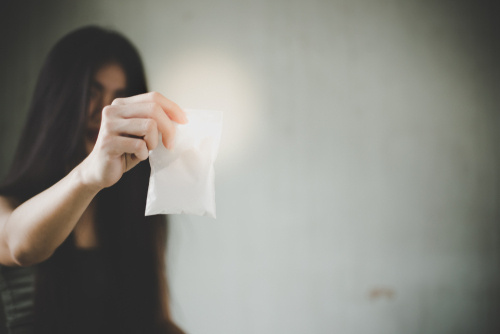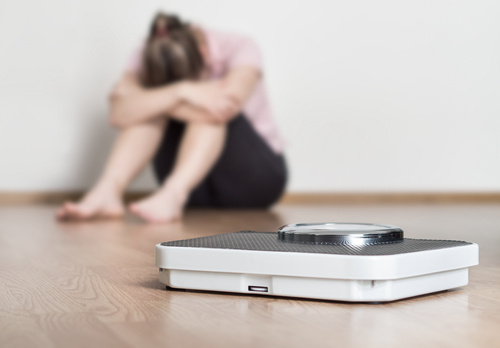The Important Role Hobbies Play in Addiction Recovery
Substance use disorder (SUD), also known as addiction, is listed in the Diagnostic and Statistical Manual of Mental Disorders, Fifth Edition (DSM-5) as a complex, chronic brain disorder. The Mayo Clinic explains addiction as a disease “that affects a person’s brain and behavior and leads to an inability to control the use of a legal or illegal drug or medication” without regard for consequence. Addiction does not develop overnight, nor should an individual expect his or her recovery from substance use disorder to occur instantaneously. Supporting an addiction can be incredibly time consuming. In addiction recovery, all that time that was previously used to accommodate satisfying one’s drug cravings is suddenly free, which provides an opportunity to discover new and enjoyable pastimes.
Benefits
Studies have shown that participating in hobbies is associated with better psychological and physiological functioning. The Oxford English Dictionary defines a hobby as “an activity done regularly in one’s leisure time for pleasure.” Some of the known health benefits of having a hobby include:
- Enhanced sense of well-being
- Reduced depression
- Lowered blood pressure
- Decreased body fat
- Reduced risk for dementia in later life
Hobbies can reduce the risk of relapse as they help to fend off stress and boredom, while also providing a sense of purpose.
How To Choose A Hobby
If you are interested in devoting some time and energy to a hobby but do not yet have one, consider the things you enjoy, things that interest you, and perhaps things you would like to improve upon. With the myriad options available it can be overwhelming to figure out where to start. To help narrow down your choices for a hobby, ask yourself the following questions:
- Do you enjoy competition?
- Do you prefer doing things alone or with others?
- Is there a particular skill you would like to develop?
- Could you benefit from engaging in more physical activity in your daily life?
- Are there things you enjoyed doing in your childhood that you would like to revisit?
- How much time can you devote to your new hobby?
- How much money can you invest in your new hobby?
- What kinds of benefits would you like your hobby to provide?
If you are still unsure how to get started, try figuring out what resonates with you best though the following suggestions:
- Exercise: The Academy of Neurological Therapy asserts that “exercise has been shown to help improve and prevent many conditions, including: weight management, stress levels, emotional regulation/ mood, memory, attention, strength, endurance, balance, flexibility, and blood pressure regulation.” Integrating regular exercise into your daily or weekly routine can help you stay fit, release endorphins (which can enhance your overall mood) and increase your endurance levels.
- Explore relaxation methods: Consider meditation, yoga, reading, listening to music, journaling, etc. to help quiet your mind. Research has found that meditation can help lower blood pressure, reduce feelings of anxiety and depression, improve insomnia, and more.
- Embrace mental exercise: Try learning a new skill, doing a puzzle, tackling a difficult recipe, etc.
- Get creative: Engaging in creativity can be an excellent emotional outlet and mood booster; consider painting, sculpting, journaling, etc.
Hobbies can help individuals recovering from substance abuse and/ or addiction remain on track by providing positive and healthy outlets for their time and energy.
For Information and Support
Substance abuse and addiction can be incredibly dangerous and can result in severe short and long-term consequences. If you or someone you know is suffering from substance abuse or addiction, please get help as soon as possible. The earlier you seek support, the sooner you and your loved ones can return to leading happy, healthy, and fulfilling lives. There is no reason to go through this alone, and we are here to help. Please feel free to reach out to us for further information or with any questions regarding substance abuse or addiction. We are available anytime via telephone at: 213-389-9964, or you can always email us at: info@friendlyhousela.org



